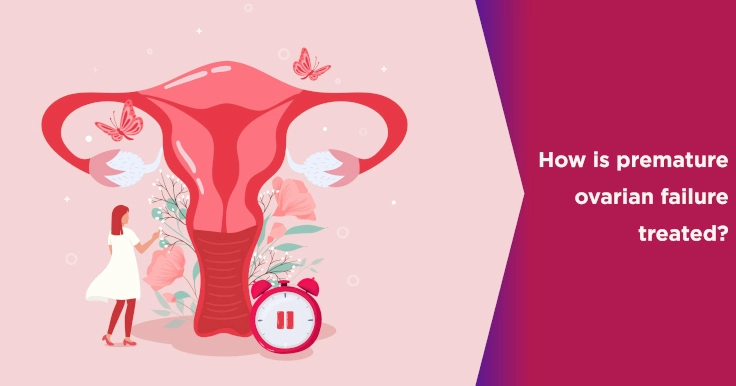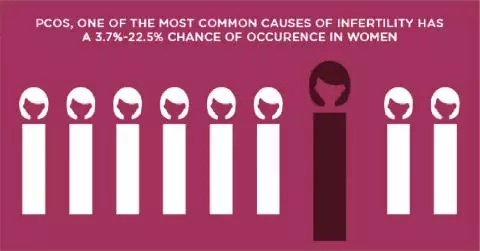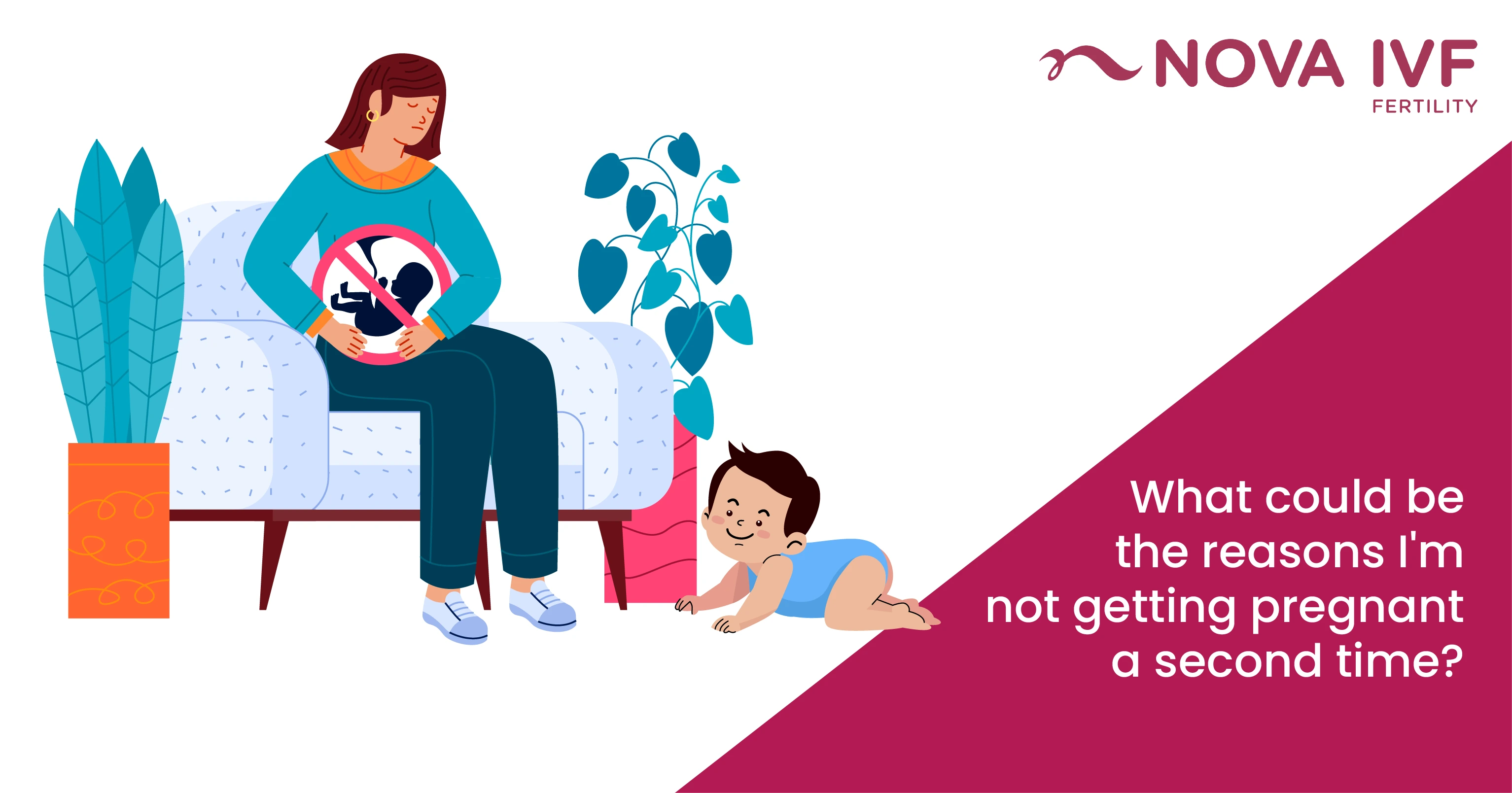How to Treat Premature Ovarian Failure?

Premature Ovarian Failure refers to a condition where a woman's ovaries stop functioning before menopause. This means that her body will no longer release an egg and she will no longer have periods every month. This can lead to infertility. A common question asked is 'can premature ovarian failure be treated?' While it cannot be cured, the below listed treatments can cure the health issues that arise from estrogen deficiency.
Estrogen Therapy
This therapy cannot revive ovarian functioning but help restart vaginal bleeding. Estrogen therapy can help relieve symptoms of estrogen deficiency such as hot flashes. It can also help prevent osteoporosis. Women being treated for premature ovarian failure may be prescribed estrogen along with progesterone. The progesterone is prescribed to protect the endometrium from any precancerous changes which happen when one takes estrogen alone. The combination of these hormones will restore vaginal bleeding. Hormone therapy may be continued until a woman reaches the age of 50-51 years.
Calcium and Vitamin D Supplements
A lack of estrogen is one of the main causes of osteoporosis. Thus, women who are diagnosed with premature ovarian failure have a high risk of osteoporosis. To prevent this, they may be prescribed calcium and vitamin D supplements. These are two nutrients that may not be present in adequate amounts in food. The other source of vitamin D is natural sunlight.
Treating Infertility Caused by Premature Ovarian Failure
When a woman's ovaries fail to release an egg, it is impossible for her to conceive naturally. Thus, this type of infertility cannot be cured. Counseling is usually recommended in such cases. However, a woman can still experience pregnancy if she chooses to undergo in-vitro fertilization, IVF with a donor egg. This involves taking a sperm sample from the woman's partner and combining it with a donor egg in a laboratory. The embryo is then implanted into the woman's uterus where it can develop into a baby.
Coping and Support
This is as much an emotional issue as it is a physical one. Hence, it is important for a woman to find support and ways to cope with this disorder. It is vital to be open and honest with your partner about what you are feeling.
Grieving is a normal part of the process. So give yourself some time to come to terms with your diagnosis. While you do this, pay attention to your health, exercise regularly, and eat well.
 Infertility Counselling
Infertility Counselling Female Infertility Treatment
Female Infertility Treatment Andrology Treatment
Andrology Treatment Fertility Enhancing Surgeries - Female
Fertility Enhancing Surgeries - Female Fertility Enhancing Surgeries - Male
Fertility Enhancing Surgeries - Male Endoscopy Treatment
Endoscopy Treatment IUI Treatment
IUI Treatment IVF Treatment
IVF Treatment ICSI Treatment
ICSI Treatment Advanced IVF Solutions
Advanced IVF Solutions Embryology
Embryology Vitrification Egg, Embryo, Sperm Freezing
Vitrification Egg, Embryo, Sperm Freezing Preimplantation Genetic Testing (PGT)
Preimplantation Genetic Testing (PGT) Donation Program Embryo / Egg / Sperm
Donation Program Embryo / Egg / Sperm Self-cycleTM IVF
Self-cycleTM IVF

 Self-cycleTM IVF
Self-cycleTM IVF










